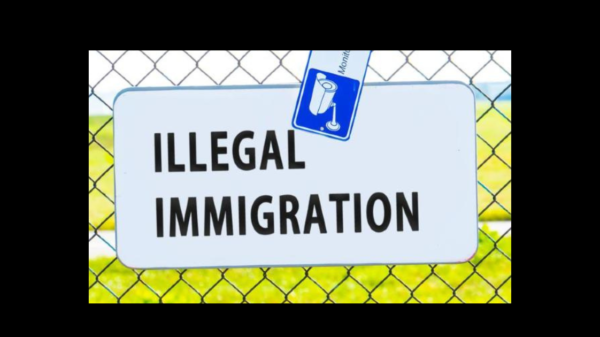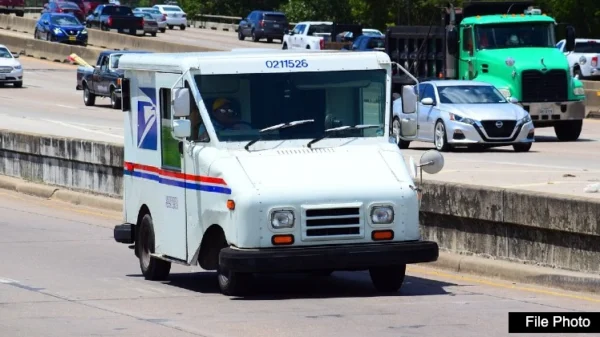By David Williams
It’s truly a strange time at the U.S. Postal Service (USPS). There’s the normal variety of agency weirdness, like losing $2.1 billion in the first quarter of fiscal year (FY) 2024 and refusing to release basic information about electric vehicle (EV) charging station costs. Then there’s the extra-weird stuff, like the USPS glitching its way through a quarterly financial meeting and releasing its financial figures late while still finding time to play tribute to…Bluegrass music.
Until the USPS can be candid with the American people and give agency watchers a glimpse into internal operations, taxpayers and consumers will be left wondering why they’re paying a sky-high bill for lackluster operations.
If a large and publicly traded company was blowing their budget by billions of dollars per year and failing to deliver basic information to shareholders, it would be cause for alarm and the company would not last very long. There would probably be a mass sell-off of equities, while (what’s left of) leadership would be scrambling to turn around the public relations nightmare. An army of Securities and Exchange Commission (SEC) bureaucrats and class action lawyers would inevitably swoop in and demand answers.
This just doesn’t happen for America’s mail carrier, even though it should considering the billions of taxpayer dollars the agency has received. The struggling agency knows that, whether it loses $2.1 billion or $6 billion in a quarter, it can always rely on taxpayer bailouts to kick the can down the road. Even if $10 billion in COVID-related aid and $3 billion in EV funding proves too little, the government monopoly can raise stamp prices. Consumers and taxpayers regularly request basic information about the agency, such as how it is spending money and financial assumptions that go into pricing. But, the secretive agency has no incentive to provide the information and loves to hide behind Freedom of Information Act (FOIA) exceptions to spurn requests.
In FY 2023, the USPS received an astounding 4,104 requests for information, and rejected the vast majority of them. The agency only issued 447 full responses and partially responded to an additional 749 requests. Nearly 3,000 requests, or about 70 percent of FOIA submissions to the agency, were completely rejected by the agency. If the USPS held state secrets akin to the Central Intelligence Agency (CIA), such a high rejection rate might be warranted. The agency might like to think it’s a spying agency, but as long as its core mission is delivering the mail, it needs to be more upfront with the American people.
Based on the limited information that is available to the public, one can guess why the USPS is withholding so many documents and data. The agency has remarkably little business sense and is seemingly embarrassed about its gross financial incompetence. A case-in-point is the USPS’ “Connect Local” service, which is supposed to efficiently handle small business deliveries but is instead hemorrhaging cash. According to the USPS, Connect Local mail “allows businesses to send documents locally [to recipients in the same delivery unit] same day or next day…target mailers include law firms, real estate firms, medical offices, and event organizers.”
The program was first rolled out in a Market Test in January of 2022. It was quickly apparent that the program would be costly for taxpayers. In its FY 2022 Annual Compliance Report (released on January of 2023), the USPS deemed initial market test results “encouraging” despite costs exceeding revenues by more than tenfold. Despite these red flags, the Connect Local program continued for another year. The USPS recently released its FY 2023 Annual Compliance Report, which contained the same disappointing results for the beleaguered “experimental” program. Costs were about 37 percent higher than revenues, while volume remained stubbornly low (at about 10,000 sales) despite the program being rolled out to all 50 states.
The USPS needs to end costly pilots such as Connect Local and make a greater effort to be upfront with the American people. It can and should explain its recent weirdness and also delve into basic information such as EV procurement data. It’s time for the USPS to get back to normal.
David Wiliams is the President of The Taxpayers Protection Alliance






















